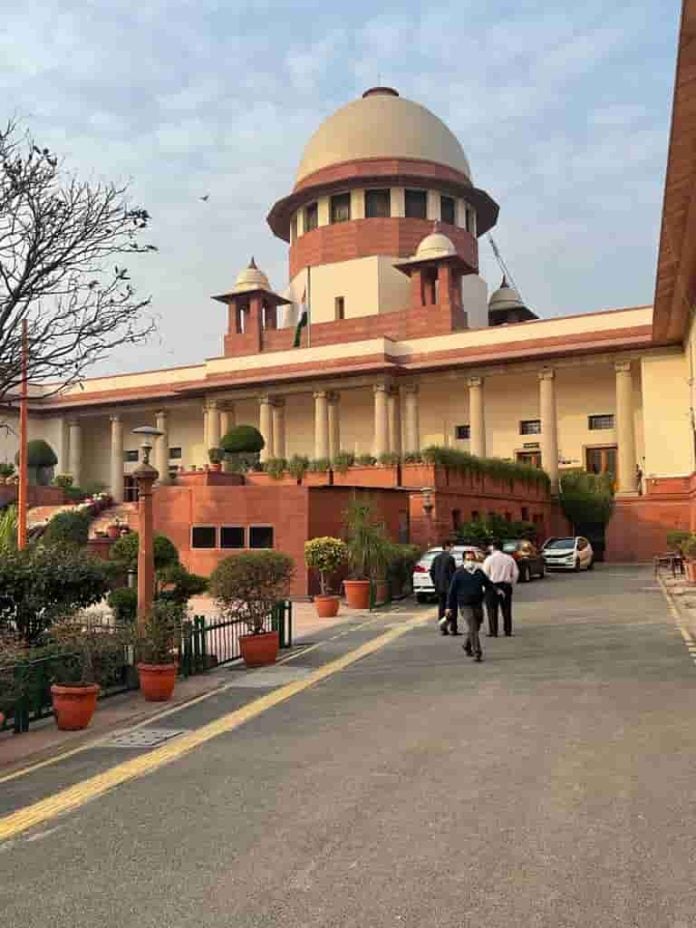The Supreme Court on Tuesday listed a petition seeking ban on announcement of freebies by political parties during election campaigns before a three-Judge Bench.
The Bench of Chief Justice of India (CJI) U.U. Lalit and Justice Bela M. Trivedi observed that considering the nature of the controversy and submissions made by the parties, hearing should be conducted in the matter as early as possible.
The petition was filed by lawyer and BJP leader Ashwini Upadhyay, seeking directions to the Election Commission of India (ECI) not to permit political parties to promise freebies during election campaigns.
Alleging that political parties promise freebies during election campaigns without making any assessment on financial implication on the state economy and just to attract the vote bank, the petitioner said the tax-payers’ money was being used by political parties to remain in power and this adversely affected conduct of free and fair elections.
Advocate Shadan Farasat contended that the issue may have to go to a three-Judge Bench, as per the last reference order passed by the Supreme Court. On its previous hearing, the Bench headed by the then Chief Justice of India (CJI) N.V. Ramana had referred the matter to a three-Judge Bench, taking in consideration the complexity of issues and the prayer to overrule Subramaniam Balaji.
Appearing in person, Upadhyay submitted that only the prayer to overrule the Subramanian Balaji judgement needed reference to a three-Judge Bench. He proposed formation of an Expert Committee to control irrational freebies in larger public interest and to ensure free and fair elections.
The Advocate further gave break-up of the Expert Committee, stating that the Chief Election Commissioner of India may be appointed as its Chairman, while the Governor of Reserve Bank of India, the Chairman of Finance Commission of India, the Vice Chairperson of NITI Aayog, the Comptroller and Auditor General, the Secretary of GST Council and Presidents of the Institute of Chartered Accountants of India and the Institute of Cost Accountants of India may be appointed as its members
The Apex Court, however, was not convinced and listed the matter for hearing before a three-Judge Bench.
The top court of the country, during its last hearing, said there was a need to deliberate on some questions in the case, which include the scope of judicial intervention with respect to the reliefs sought in the present batch of petitions, whether any enforceable order could be passed by this Court in these petitions, and whether the appointment of a Commission/Expert Body by the Court would serve any purpose in the matter?
Also Read: Supreme Court to hear plea pertaining to Gyanvapi mosque issue on November 10
It had also pondered over the scope, composition and powers of the Expert Body.
The Apex Court was called upon to determine whether pre-election promises amounted to corrupt practices under Section 123 of the Representation of the People Act, 1951 in the S. Subramaniam Balaji case.
The top court of the country had then held that such promises did not fall within the ambit of corrupt practices as specified under Section 123 of the Representation of the People Act, 1951, and issued directions to the Election Commission of India regarding framing of certain guidelines, in the absence of any legislative enactment covering the field.
(Case Title: Ashwini Upadhyay vs Union of India)


